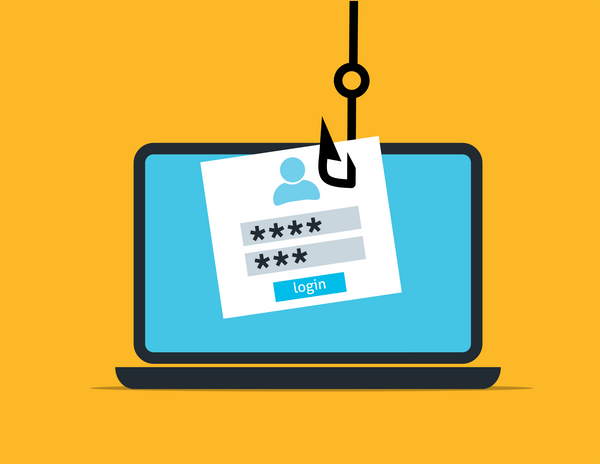Chrome's Enhanced Safe Browsing: An Incremental Step

Google recently announced it will phase out its standard Safe Browsing feature in Chrome. The tech giant aims to migrate users to its Enhanced Safe Browsing feature in the coming weeks. Launched in 2020, this feature provides real-time protection against malicious websites by cross-checking URLs against a cloud-hosted database.
While the move is expected to offer better protection against ever-evolving threats like phishing attacks, critics argue that it also raises a significant privacy concern.
The Good: Real-Time Phishing Protection
Chrome's original Safe Browsing feature, implemented in 2007, used a locally stored list of known malicious URLs to protect users.
The key drawback was the list's update frequency, usually every 30-60 minutes. Given that 60% of all phishing domains reportedly vanish within 10 minutes of their creation, the local list often proved ineffective.
Enhanced Safe Browsing aims to solve this by using a real-time, cloud-based approach. When you navigate to a website, Chrome checks it against Google's up-to-the-minute database, significantly narrowing the window of vulnerability.
The Not-So-Good: Privacy Concerns
Enhanced Safe Browsing raises eyebrows in the privacy department. The feature transmits opened URLs, downloaded content details, and even visited page samples to Google's servers for analysis.
Moreover, this data is temporarily linked to your Google account, ostensibly to check for targeted attacks. Google insists that the data will not be used for targeted advertising or other commercial purposes.
Specialized Software: The Gold Standard
Although Enhanced Safe Browsing helps, it shouldn't be your sole line of defense. Specialized anti-phishing software offers features like email filtering, heuristic analysis, and more, which can significantly bolster your online security.
A Step Forward, But Not a Panacea for Online Security
The rollout of Chrome's Enhanced Safe Browsing feature is undoubtedly a move in the right direction, offering much-needed real-time protection against fast-evolving threats.
However, users should temper their expectations rather than consider it a magic bullet for online security. Pairing this feature with dedicated anti-phishing software is the best practice for ensuring a secure online experience.
Specialized software like Bitdefender Ultimate Security can keep you safe from phishing attempts and other digital threats with relevant features, including:
- Comprehensive, 24/7 detection and protection against viruses, Trojans, worms, zero-day exploits, rootkits, ransomware, spyware, and other e-threats
- Elaborate anti-phishing module that detects and blocks websites masquerading as legitimate ones to steal your data and assets
- Network threat prevention technology that identifies and blocks suspicious network-level activities such as sophisticated exploits, brute force attacks, and malware- and botnet-related URLs
- Web attack prevention module that checks whether your search results are safe before you access them and blocks all known infected links
tags
Author

Vlad's love for technology and writing created rich soil for his interest in cybersecurity to sprout into a full-on passion. Before becoming a Security Analyst, he covered tech and security topics.
View all postsRight now Top posts
How to Protect Your WhatsApp from Hackers and Scammers – 8 Key Settings and Best Practices
April 03, 2025
Outpacing Cyberthreats: Bitdefender Together with Scuderia Ferrari HP in 2025
March 12, 2025
Streamjacking Scams On YouTube Leverage CS2 Pro Player Championships to Defraud Gamers
February 20, 2025
How to Identify and Protect Yourself from Gaming Laptop Scams
February 11, 2025
FOLLOW US ON SOCIAL MEDIA
You might also like
Bookmarks








